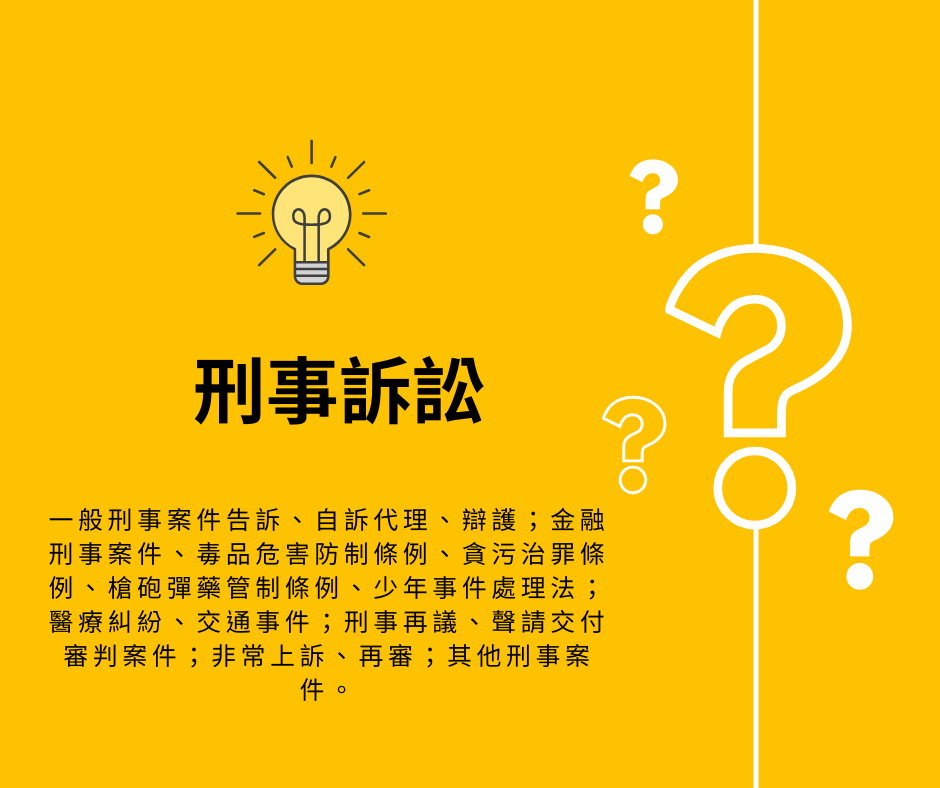首頁 > Case Studies
Case Studies | Sexual Autonomy Violation | Tricked in a Sex Trade Deal

Article 156 of the Criminal Procedure Code stipulates that the confession of the defendant, if not obtained through violence, coercion, inducement, fraud, exhaustion during interrogation, illegal detention, or other improper means, and if it aligns with the facts, may be used as evidence. The confession of the defendant or co-conspirator shall not be the sole basis for a guilty verdict, and other necessary evidence shall still be investigated to determine its alignment with the facts.
"corroborating evidence" in a criminal case refers to a rule or principle a single piece of evidence cannot be the sole basis for establishing the defendant's guilt, and additional evidence is required to confirm the authenticity of the defendant's or victim's confession and other relevant factors. Its primary purpose is to prevent a verdict of guilt based solely on the defendant's or victim's confession, thereby mitigating the risk of wrongful convictions.
[What is corroborative evidence?]
【Case Background】
Xiao De found information about sex trade online and after negotiating the terms, arranged a meeting with the other party. They agreed on a price of 3000 Yuan per encounter and Xiao De was to pick up the person from a designated location and take them to a hotel to proceed with the sex trade. However, a month after the transaction, Xiao De suddenly received a notification from the police, indicating that he was involved in a crime of impeding sexual autonomy. The other party not only accused Xiao De of sexual assault but also found friends to corroborate the story. Meanwhile, Xiao De had already deleted all the messages related to the sex trade, dash cam recordings, etc., and did not know what to do, urgently seeking assistance from our firm.
【Our Firm's Practical Experience】
Upon investigation, our firm strongly argued that the court cannot solely rely on the plaintiff and their friends' hearsay to find Xiao De guilty. The statements of the friends are still essentially the plaintiff's own statements and should not be used as corroborative evidence according to the law. If the judgment was based on the plaintiff's testimony, it does not meet the requirements of the Supreme Court, being a single statement from the victim. The friends who heard the plaintiff's statements are just that - hearsay, and even after cross-examination, their authenticity cannot be guaranteed. If these pieces of evidence were used in the judgment, it would contradict the principle of evidence judgment, resulting in a significant legal flaw.
The plaintiff also claimed to have sought help from the police at the hotel entrance before the sex trade, but during the handling process, our firm reviewed surveillance footage and proactively inquired with the two patrol officers on duty that day, calling them to court for cross-examination. Both officers received no such plea for help, exposing the plaintiff's lies.
As for the lack of evidence on the defendant's side, since the dash cam recordings and message conversations had been deleted by Xiao De, it was challenging to present positive and effective evidence during the litigation. Our firm, through technological means, was able to restore the dash cam footage, successfully proving that there was a negotiation about the price in the car, and presented it effectively in court, fighting for the client's maximum rights.
【High Court: Winning Verdict】
In conclusion, there were many doubts in this case. If the party was coerced, they had ample time to seek help. Through our firm's active defense, including restoring the dash cam footage and summoning the police to testify in court, debunking Ms. B's lies one by one, the court found many inconsistencies in Ms. B's statements. The court decided that the conviction could not solely be based on Ms. B's and her acquaintances' testimonies, observing no corroborative evidence throughout the judgment, clearly violating the evidence judgment principle. It recognized that the facts and evidence methods proposed by the prosecutor were not supported by judicial practice and acquitted defendant A to prevent injustice, thus upholding human rights.
>Consult Now
-
04.30 2024Case Studies
The Responsibility of Faculty Harassing Students!
-
04.23 2024Case Studies
Can compensation still be claimed if a contract te...
-
04.16 2024Case Studies
What is a guardianship declaration?
-
04.09 2024Case Studies
Sexual Autonomy Violation | Tricked in a Sex Trade...
-
04.02 2024Case Studies
Domestic Litigation | Spouse Secretly Installs Sur...
-
03.26 2024Case Studies
Can Accusations Be Made Years After the Relationsh...
-
03.19 2024Case Studies
Negligence of Supermarket! Joint Liability of Empl...
-
03.12 2024Case Studies
Defective Renovation Work and the Contractor's Ref...
-
03.05 2024Case Studies
Is it Wrong Just Because the Administrative Agency...
-
02.27 2024Case Studies
Criminal Drugs | Selling Class 2 Drugs vs. Transfe...
-
02.20 2024Case Studies
Civil Case | What to Do if Common Areas and Mechan...
-
02.06 2024Case Studies
What to do if you encounter a loan scam?
-
01.30 2024Case Studies
Paid the decoration deposit, but the construction ...
-
01.23 2024Case Studies
Fraud | Can you be sued for fraud just for online ...
-
01.16 2024Case Studies
Installing Own Surveillance Cameras, Does It Viola...